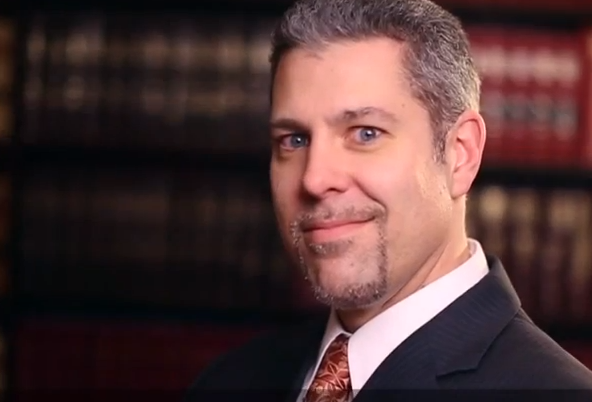On just about every holiday weekend, including this upcoming Halloween, New Jersey’s police officers line the streets with roadblocks and checkpoints that are designed to catch drunk drivers and keep them off the main streets. Roadblocks are also popular tactics for checking people who are leaving a concert or major sporting event. Basically, any time there’s a well-known opportunity for people to celebrate and enjoy a few drinks, the police respond with widespread checks that affect all drivers, not just those who may be intoxicated.
Roadblocks cause traffic delays and hassles, but even more importantly, they raise questions of constitutionality. Can the police legally stop every vehicle at a specific point to check for drunk drivers?
The Supreme Court’s Ruling
In 1979, the United States Supreme Court addressed the question of constitutionality with respect to roadblocks and DUI checkpoints. The case, Delaware v. Prouse, 440 U.S. 648 (1979), considered whether it was constitutionally valid for a police officer to stop and detain drivers without having reasonable suspicion that the drivers were intoxicated, driving without licenses, unregistered or otherwise breaking the law. When a police officer conducts a motor vehicle stop without individualized suspicion of any criminal activity or violation of a motor vehicle law, the stop is presumed to be invalid.
In 1990, the U.S. Supreme Court considered the validity of a DWI roadblock in Michigan v. Sitz, 496 U.S. 444 (1990). In that case, the Court held motor vehicle stops pursuant to DWI roadblocks are not automatically in violation of the Constitution of the United States.
Interestingly, though, after the case was remanded back to the Michigan courts, the Court of Appeals of Michigan found that the motor vehicle stop at issue violated the state constitution because Michigan law requires particularized suspicion for the police to stop a vehicle. In fact, Michigan is one of several states that have found that DWI roadblocks violate their state constitutions.
New Jersey’s Application of the Law
Unfortunately for motorists of this state, New Jersey courts have ruled that not all DWI roadblocks violate the state constitution. However, when the police stop a motor vehicle at a DWI roadblock, all evidence obtained as a result of the stop may be suppressed at trial if the State is unable to show that the DWI was neutral and reasonable.
In determining the reasonableness of a particular DWI roadblock, New Jersey courts will consider such factors as whether the police posted warnings of the roadblock and whether the general public was provided with adequate general publicity of the roadblock. Other important factors include the appropriateness of the location of the particular roadblock and the likelihood that the roadblock would promote public safety and DUI awareness.
Whereas a roadblock is more likely to be considered reasonable where the procedures for stopping vehicles are neutral and where there is appropriate supervision at the roadblock, it would be unlawful for two police officers to simply decide that they will stop the next vehicle to drive down a road and declare their action a “DWI roadblock.”
At The Gorman Law Firm, Scott Gorman represents any driver charged with DUI after a checkpoint or roadblock stop. For more information on your constitutional rights and New Jersey’s laws, contact an Essex County DUI attorney at Gorman Law today.
Published in Categories: DUI / DWI


